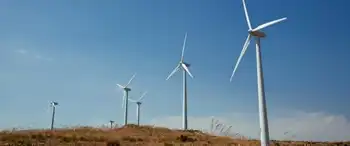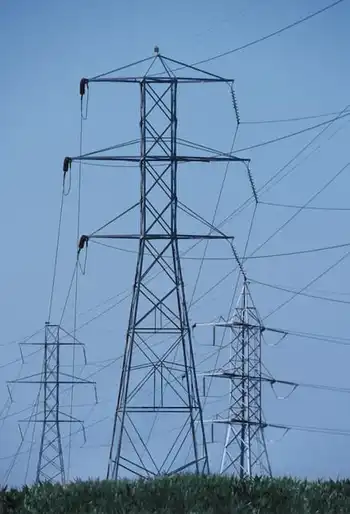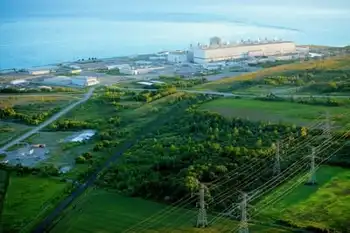India's cogeneration potential is massive
By Industrial Info Resources
NFPA 70e Training - Arc Flash
Our customized live online or in‑person group training can be delivered to your staff at your location.

- Live Online
- 6 hours Instructor-led
- Group Training Available
Bagasse, which is formed as a fibrous byproduct when sugarcane is crushed to extract juice, is economically used as boiler fuel to generate both electric power and steam that is further used in mill operations. This process of cogeneration uses a single fuel to produce two forms of energy, one of which is heat and the other may be electrical or mechanical energy.
While use of bagasse makes sugar mills self-sufficient in addressing their power requirements, in some cases surplus electricity is also produced, which is sold to the power grid. This is achieved by efficient combustion of bagasse during the harvest season and by use of alternate fossil fuels or biomass during off-season.
This process, which was initially adopted by sugar mills as a cost-cutting measure, is now turning into a lucrative option. Cogeneration is relatively inexpensive compared to the use of expensive fossil fuels for captive power generation. Further, by exporting surplus power to the grid, sugar mills are able to claim Clean Development Mechanism (CDM) benefits. However, seasonal variations in the sale price of bagasse in the market may affect the viability of cogeneration.
DCM Shriram Consolidated Limited (DSCL) currently exports 27.5 MW of surplus power to the Uttar Pradesh Power Corporation Limited (UPPCL). DSCL currently has a cogeneration capacity of 70.5 MW and aims to add another 24 MW this year. The company received its full claim of $335,000 in CDM benefits last year. UPPCL also receives 20 MW of surplus power from the Deoband Bagasse Cogeneration Power Project.
Sri Chamundeswari Sugars is setting up a 26 MW bagasse-based cogeneration unit at its plant in Karnataka and expects to generate 18 MW of surplus power that will be exported to state utilities. Several leading power equipment giants, including ABB, are looking to bag contracts for supplying automation systems to upcoming cogeneration plants in India.
In view of the increasing popularity of cogeneration, the Central Electricity Regulatory Commission (New Delhi) has directed state regulators to facilitate alliances between distribution utilities and cogeneration unit owners to ensure smooth supply of surplus power from such plants to the grid. The government is aggressively promoting the development of cogeneration units by providing incentives in the form of capital subsidy, relief from taxes and duties, accelerated depreciation, and term loans from the Indian Renewable Energy Development Agency (New Delhi).
India is the second-largest sugarcane producer in the world. This sector also ranks as the second largest agro-industrial segment of the country. During fiscal year 2007-08, sugar production reached a record 28 million tons, resulting in high bagasse production from 322 million tons of stalk harvested.
It is estimated that sugar mills in Andhra Pradesh, Bihar, Gujarat, Haryana, Karnataka, Maharashtra, Punjab, Tamil Nadu and Uttar Pradesh with a crushing capacity of more than 2,500 tons per day can generate up to 5,000 MW of surplus power through optimum bagasse cogeneration.
Conservative estimates suggest a huge potential of over 20,000 MW from cogeneration units in India. As per the Integrated Energy Policy Report prepared by an expert committee constituted by the Planning Commission, renewable sources may contribute to nearly 6% of India's energy mix by 2032.











